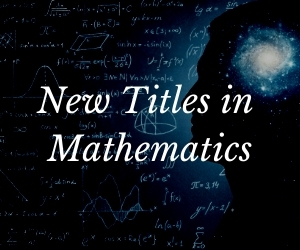System Upgrade on Tue, May 28th, 2024 at 2am (EDT)
Existing users will be able to log into the site and access content. However, E-commerce and registration of new users may not be available for up to 12 hours.For online purchase, please visit us again. Contact us at customercare@wspc.com for any enquiries.
This compendium provides a self-contained introduction to mathematical analysis in the field of machine learning and data mining. The mathematical analysis component of the typical mathematical curriculum for computer science students omits these very important ideas and techniques which are indispensable for approaching specialized area of machine learning centered around optimization such as support vector machines, neural networks, various types of regression, feature selection, and clustering. The book is of special interest to researchers and graduate students who will benefit from these application areas discussed in the book.
Related Link(s)
Sample Chapter(s)
Chapter 1: Preliminaries
Contents:
- Set-Theoretical and Algebraic Preliminaries:
- Preliminaries
- Linear Spaces
- Algebra of Convex Sets
- Topology:
- Topology
- Metric Space Topologies
- Topological Linear Spaces
- Measure and Integration:
- Measurable Spaces and Measures
- Integration
- Functional Analysis and Convexity:
- Banach Spaces
- Differentiability of Functions Defined on Normed Spaces
- Hilbert Spaces
- Convex Functions
- Applications:
- Optimization
- Iterative Algorithms
- Neural Networks
- Regression
- Support Vector Machines
Readership: Researchers, academics, professionals and graduate students in artificial intelligence, and mathematical modeling.


























